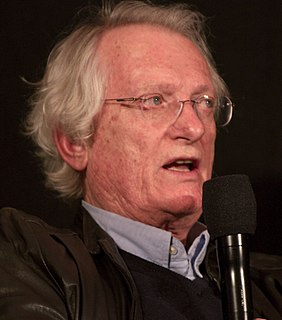A Quote by Chaim Potok
A book is sent out into the world, and there is no way of fully anticipating the responses it will elicit. Consider the responses called forth by the Bible, Homer, Shakespeare - let alone contemporary poetry or a modern novel.
Related Quotes
Ideology on which the Kyoto Protocol is based, is a new form of totalitarian ideology, along with Marxism, Communism and socialism. We had doubts about the Kyoto Protocol, we wanted reasoning from our partners in the European Union, in the IPCC. Formal requests had been sent to these organizations. But we have not received responses yet, which suggests that no coherent answers can be offered. What we hear is 'it is not comprehensive responses that matter, we will not give them anyway; what is important is whether you believe us or not'.
I urge people not to think in terms of "solutions," but in terms of intelligent responses to the quandaries and predicaments that we face. And there are intelligent responses that we can bring forth. But when I hear the word "solution," I always suspect that there's a hidden agenda there. And the hidden agenda is: "Please, can you please tell us how we can keep on living exactly the way we're living now, without having to really change our behavior very much?" And that's sort of what's going on in this country. And it's not going to work.
To be sane, he held, was either to be sedated by melancholy or activated by hysteria, two responses which were 'always and equally warranted for those of sound insight'. All others were irrational, merely symptoms of imaginations left idle, of memories out of work. And above these mundane responses, the only elevation allowable, the only valid transcendence, was a sardonic one: a bliss that annihilated the universe with jeers of dark joy, a mindful ecstasy. Anything else in the way of 'mysticism' was a sign of deviation or distraction, and a heresy to the obvious. (“The Medusa”)
I think I sent one [book] to Brian Eno. I don't know how I got to know his address, but I sent one to him. He called me up and he said, "I really like the book, and I'm starting a new label, would you liked to do something?" It was a tricky situation for me, because I've always had this thing in my life of a tension between collaboration, which was extremely important to me, and then being alone. Make of that what you will!



































